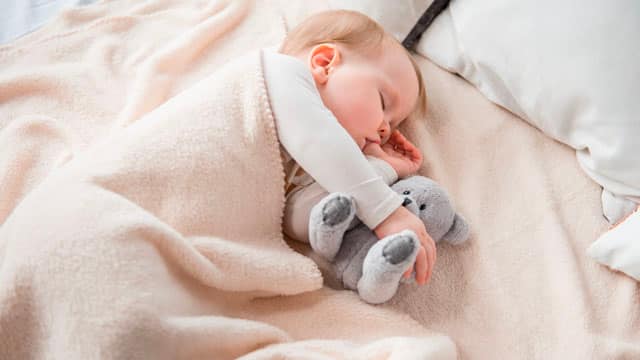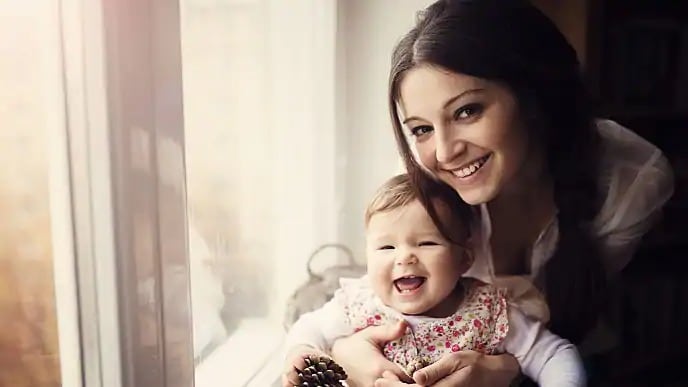What Causes Retained Primary Teeth?
MouthHealthy by the American Dental Association notes that children usually have 20 baby (primary) teeth that start coming in or erupting at about 6 months of age. These teeth usually shed or fall out at various times over the course of childhood. In their place, permanent teeth are meant to erupt. By age 21, 32 permanent teeth may have erupted. However, some people's primary teeth don't fall out. These teeth are known as retained primary teeth.
So why do baby teeth not fall out in some adults? Sometimes, it could be because the adult teeth that should have replaced the baby ones are missing. The condition in which teeth are missing – usually permanent ones – is known as tooth agenesis. In other cases, dental injuries or infections during childhood might prevent teeth from erupting as they should.
Problems in Adults with Baby Teeth
So should you be concerned if your baby teeth haven’t fallen out? The answer is that it depends. A retained primary tooth might have a healthy crown, roots, and supporting alveolar bone in some cases. Your retained primary tooth can give you many years of service without causing you any problems in these cases. In fact, a systematic review study in the European Journal of Prosthodontics and Restorative Dentistry (EJPRD) reported that retaining deciduous teeth have reasonable survival for two decades. There is a lack of studies beyond a third decade of survival.
That said, there can be oral issues associated with retained deciduous teeth. These are: degree of root resorption, presence of infraocclusions (teeth whose occlusal surface is below the adjacent teeth), dental caries, and periodontal bone loss.
Treatment for Retained Baby Teeth
Do you need to extract your retained baby teeth? Again, that depends! Extraction of a baby tooth in adults totally depends on whether the tooth is causing you any problems. If it’s well-aligned and maintains your mouth’s bone and tissue structure, there is no reason to seek orthodontic treatment or extraction. This is often the case if you have tooth agenesis and your permanent teeth haven’t erupted all.
According to the Open Dentistry Journal, in cases where the permanent tooth is impacted (when the tooth has been blocked from breaking through the gumline), the retained baby tooth should be extracted to allow spontaneous eruption of the permanent successor.
Dental implants appear to be a highly successful long-term treatment for retained deciduous teeth once the tooth or teeth have been extracted. For short or medium-term treatment, resin bonded bridgework is considered a possible option.
Deciding if you should get a tooth extraction can be a big decision. Don't hesitate to talk to your dentist and ask any questions you might have. Your dentist or orthodontist is always the best person to consult about how to treat your retained primary teeth.
You might be surprised to learn that you’ve had a baby tooth sitting in your mouth all along, but if you’re lucky, it can continue to serve you for many more years. And if not, don’t worry! Your dentist can help you decide if the extraction of your baby tooth is right for you.
Oral Care Center articles are reviewed by an oral health medical professional. This information is for educational purposes only. This content is not intended to be a substitute for professional medical advice, diagnosis or treatment. Always seek the advice of your dentist, physician or other qualified healthcare provider.
ORAL HEALTH QUIZ
What's behind your smile?
Take our Oral Health assessment to get the most from your oral care routine
ORAL HEALTH QUIZ
What's behind your smile?
Take our Oral Health assessment to get the most from your oral care routine















